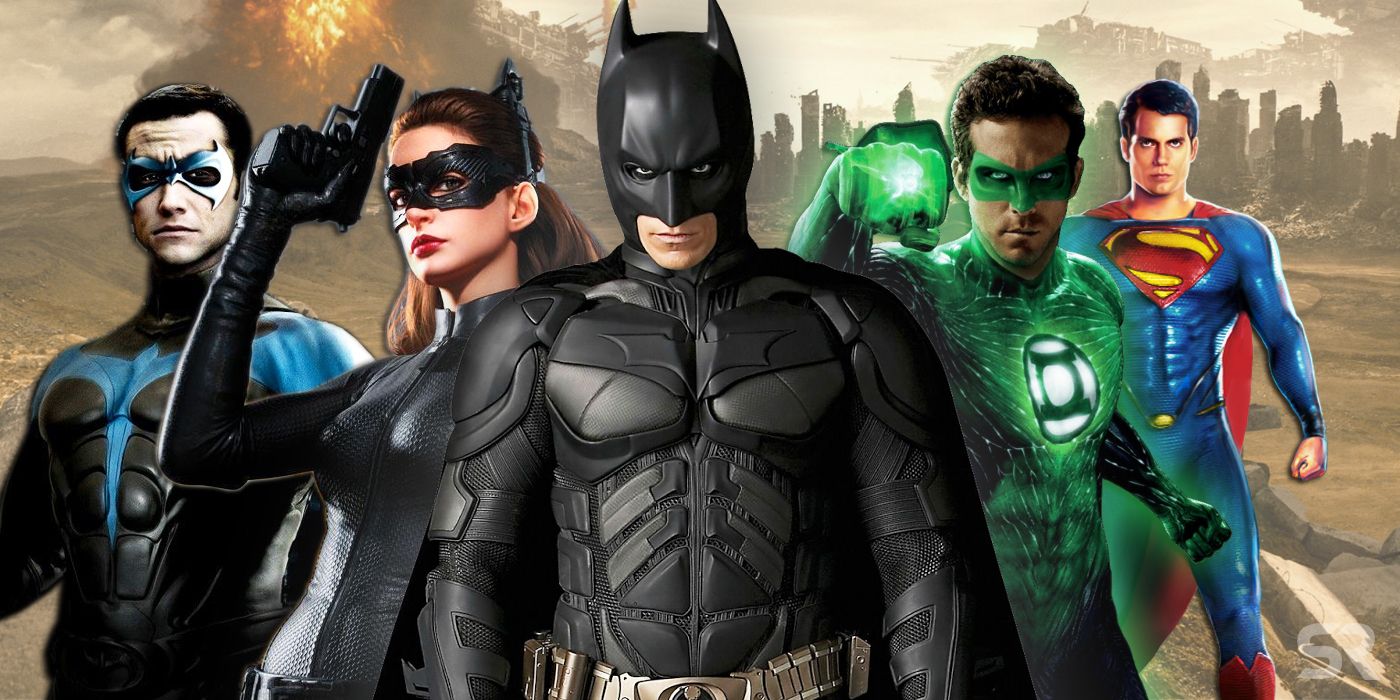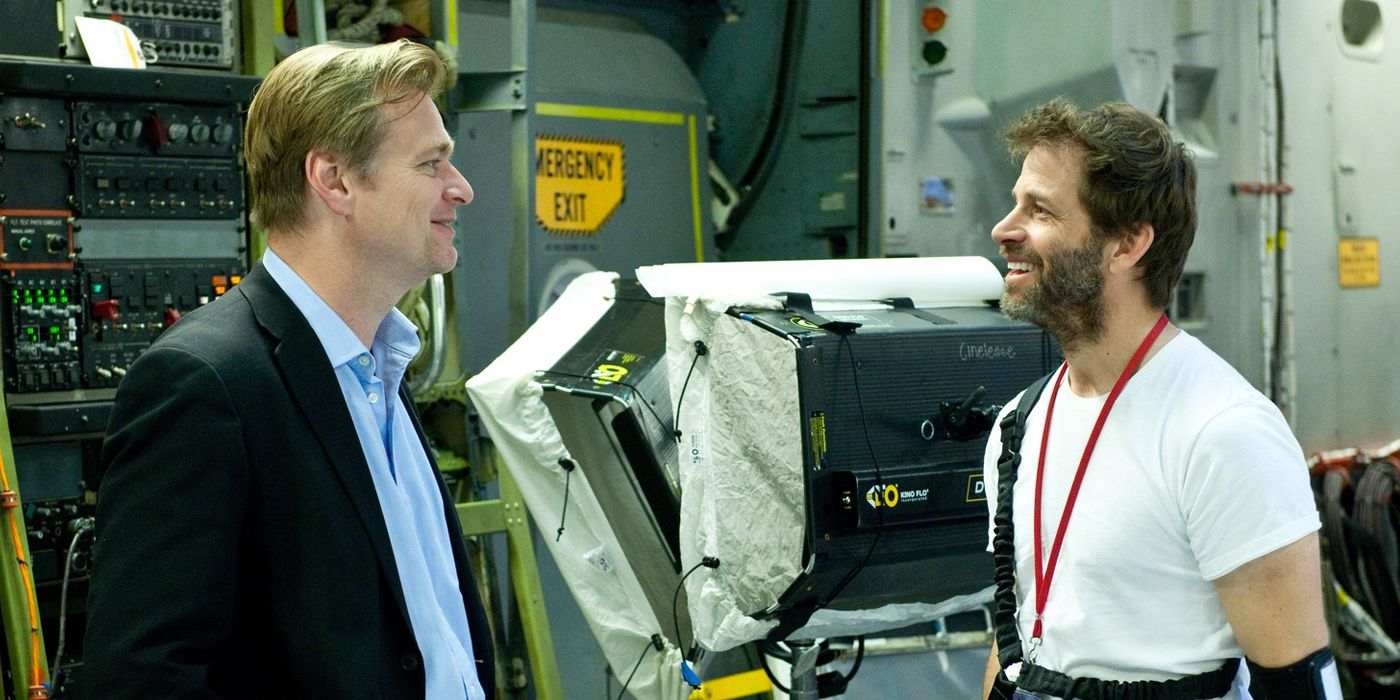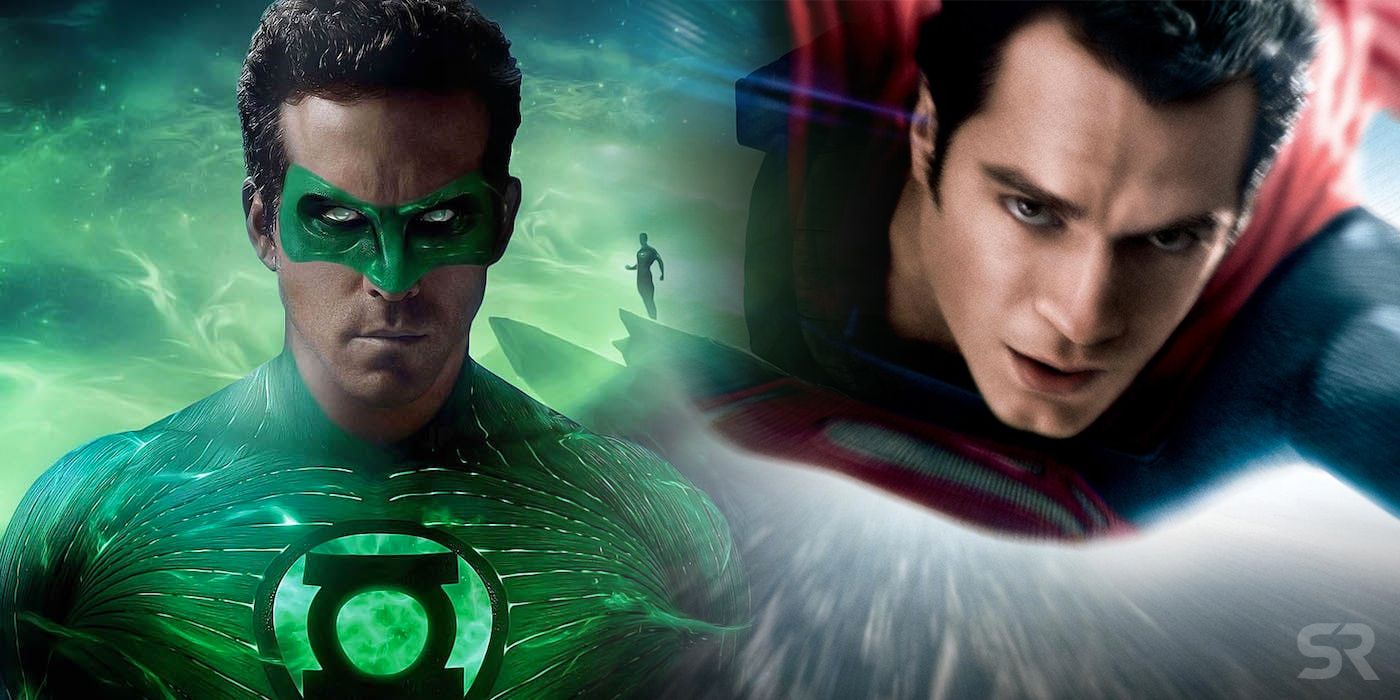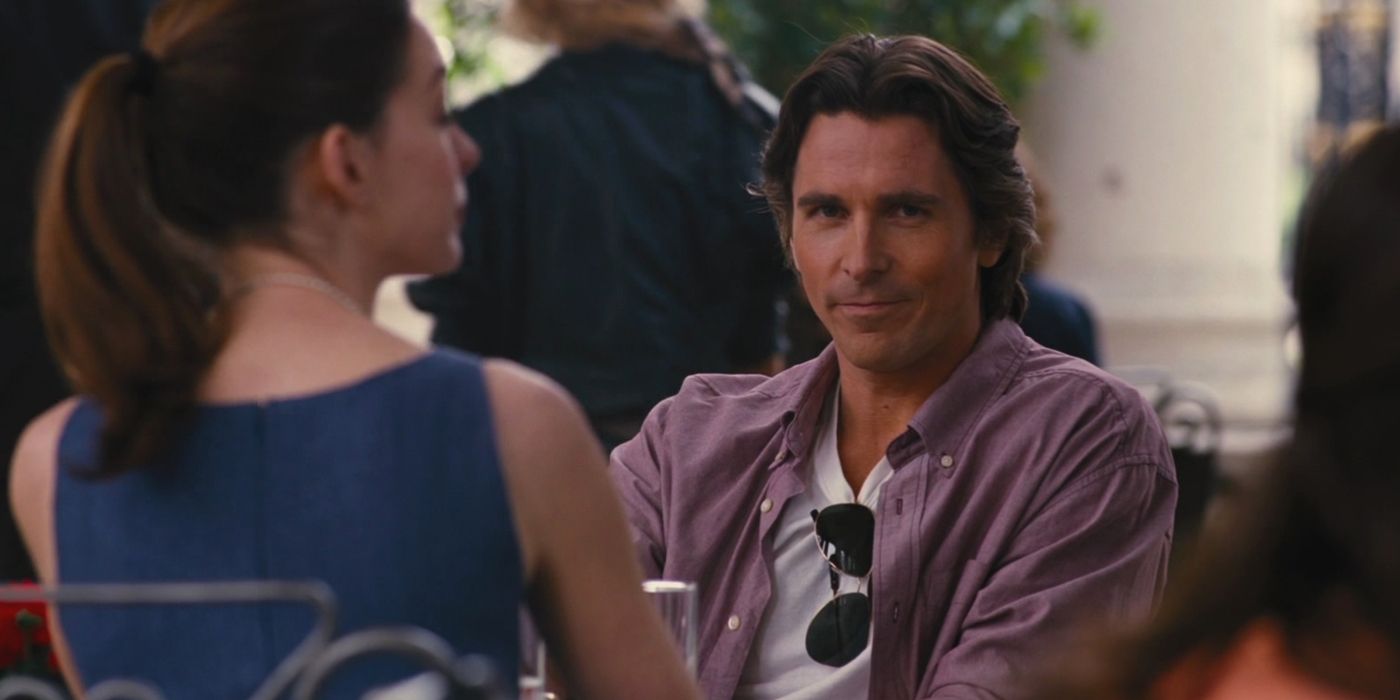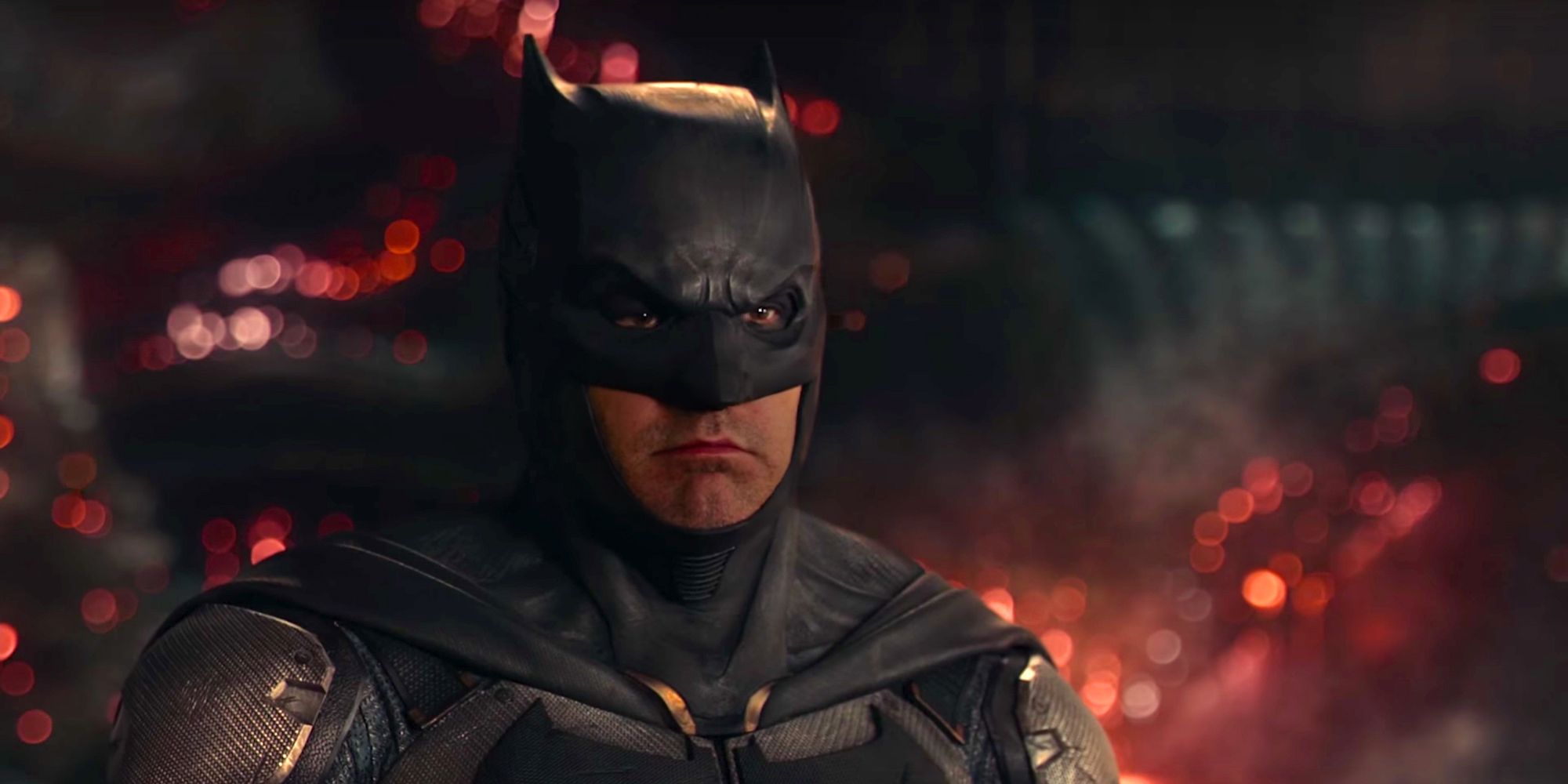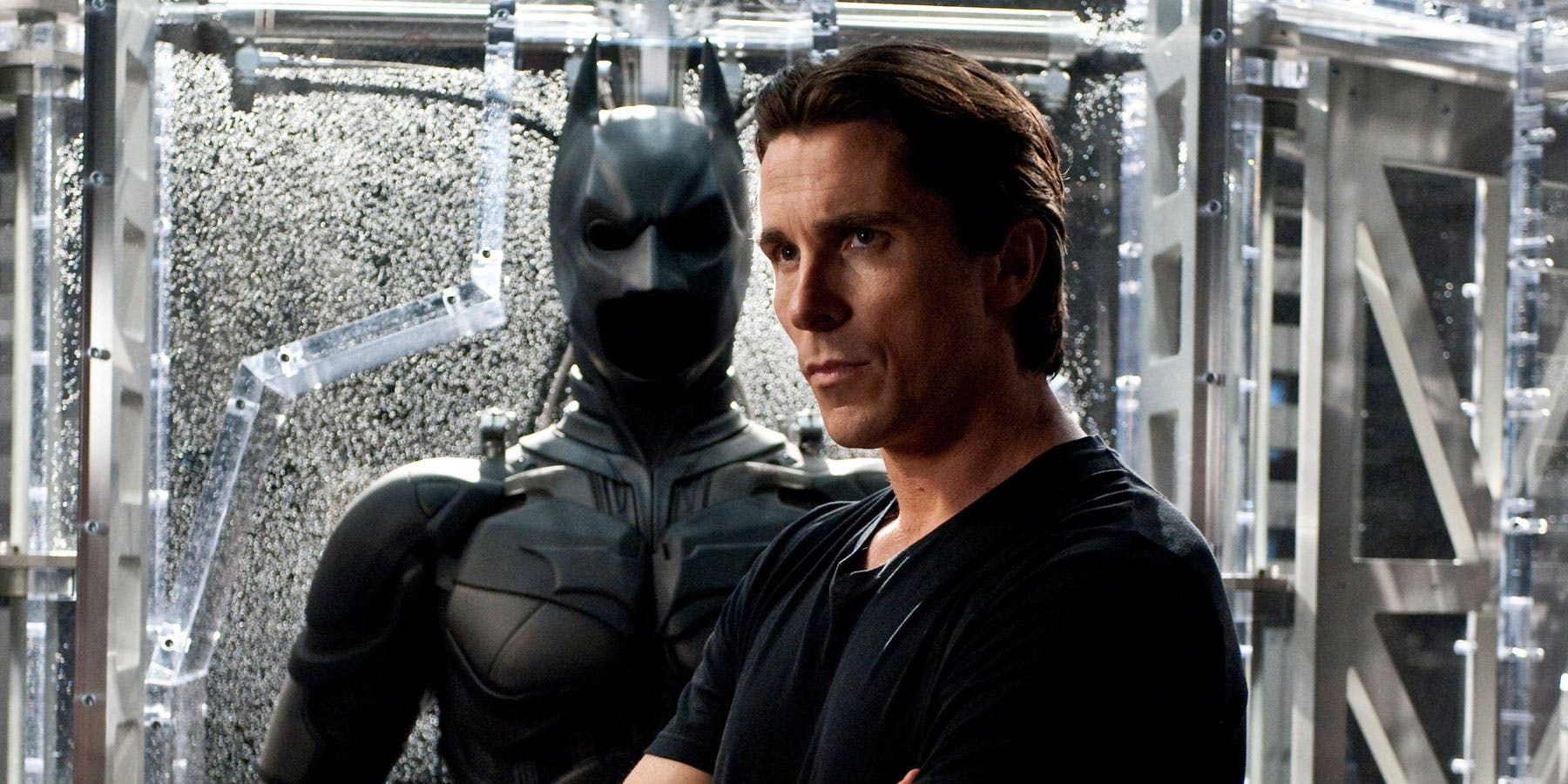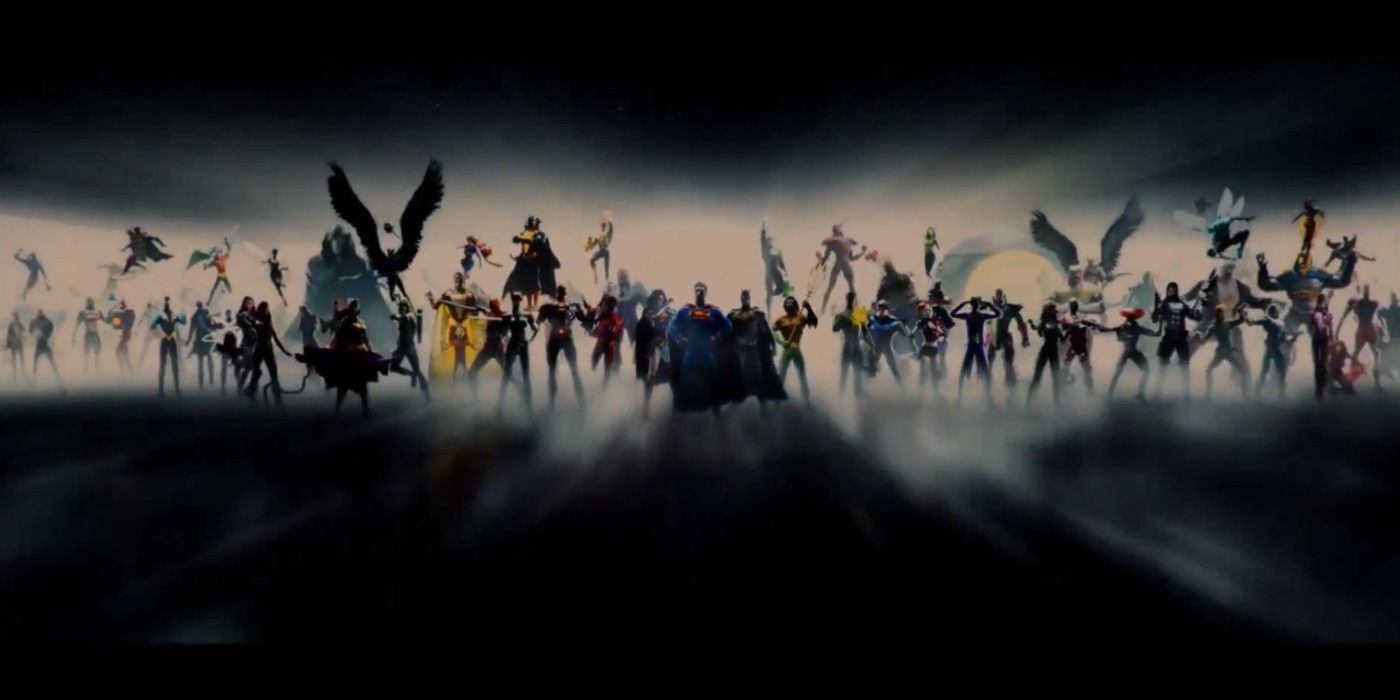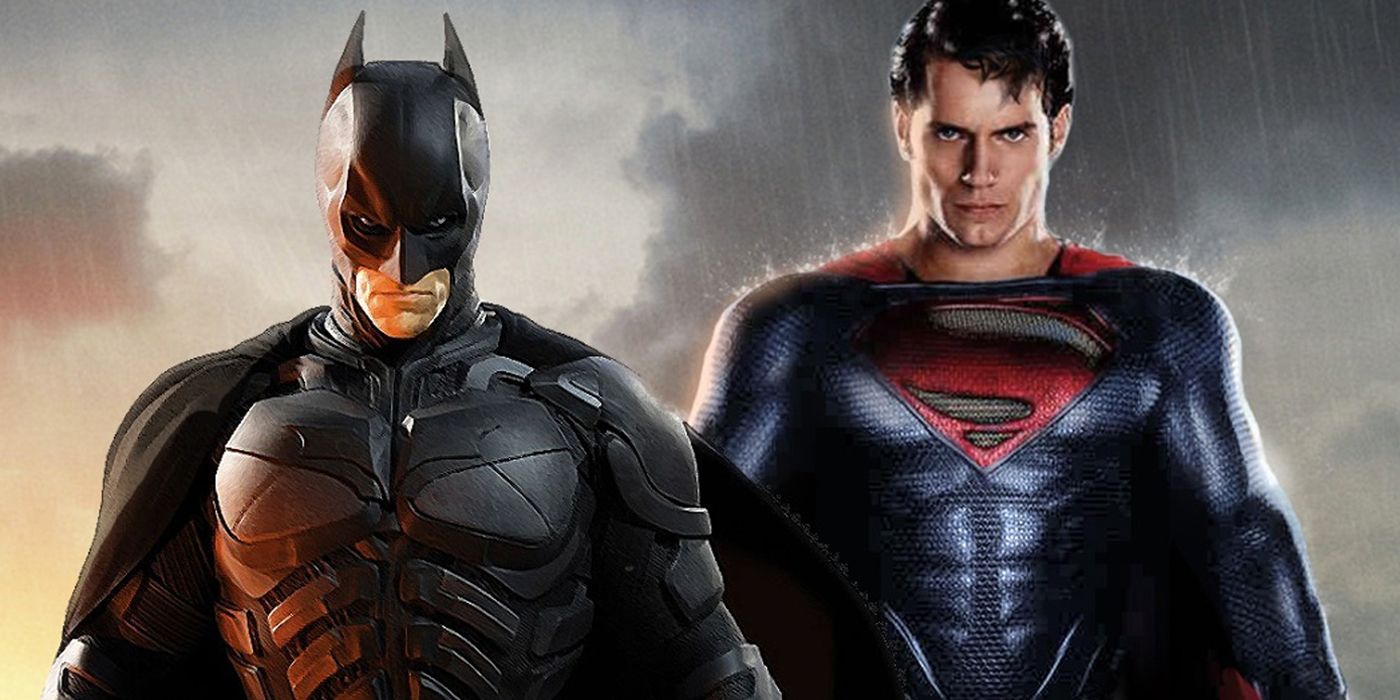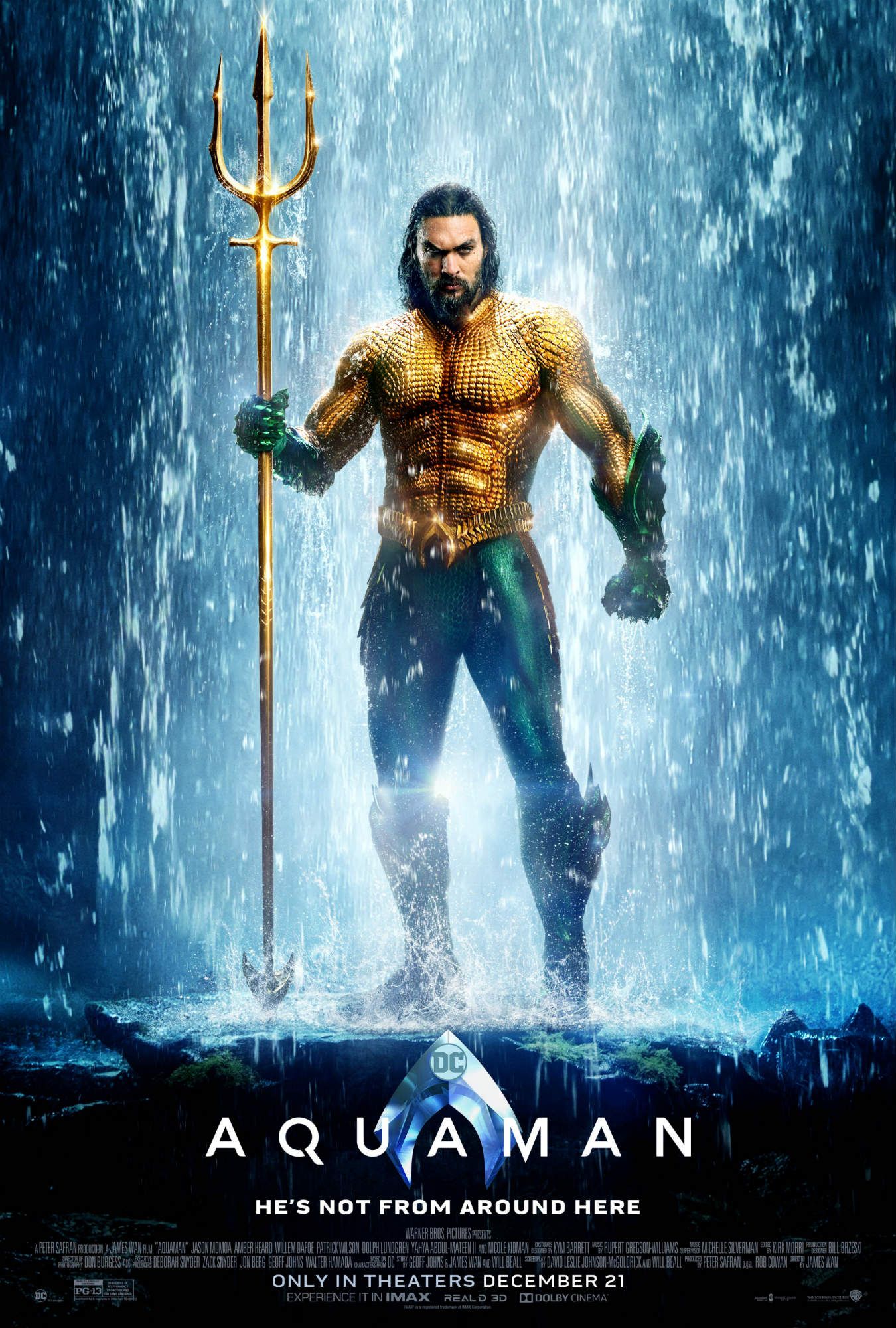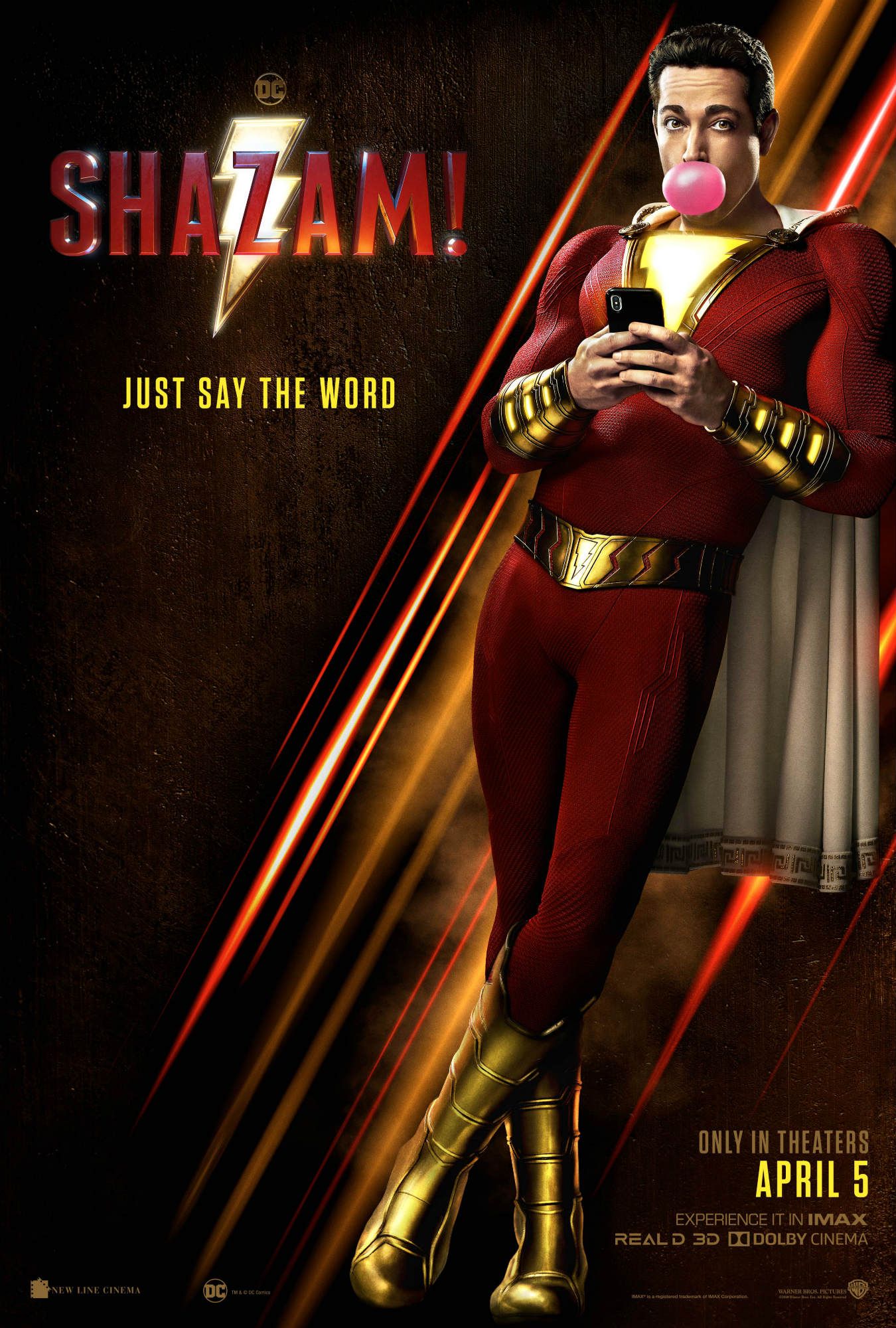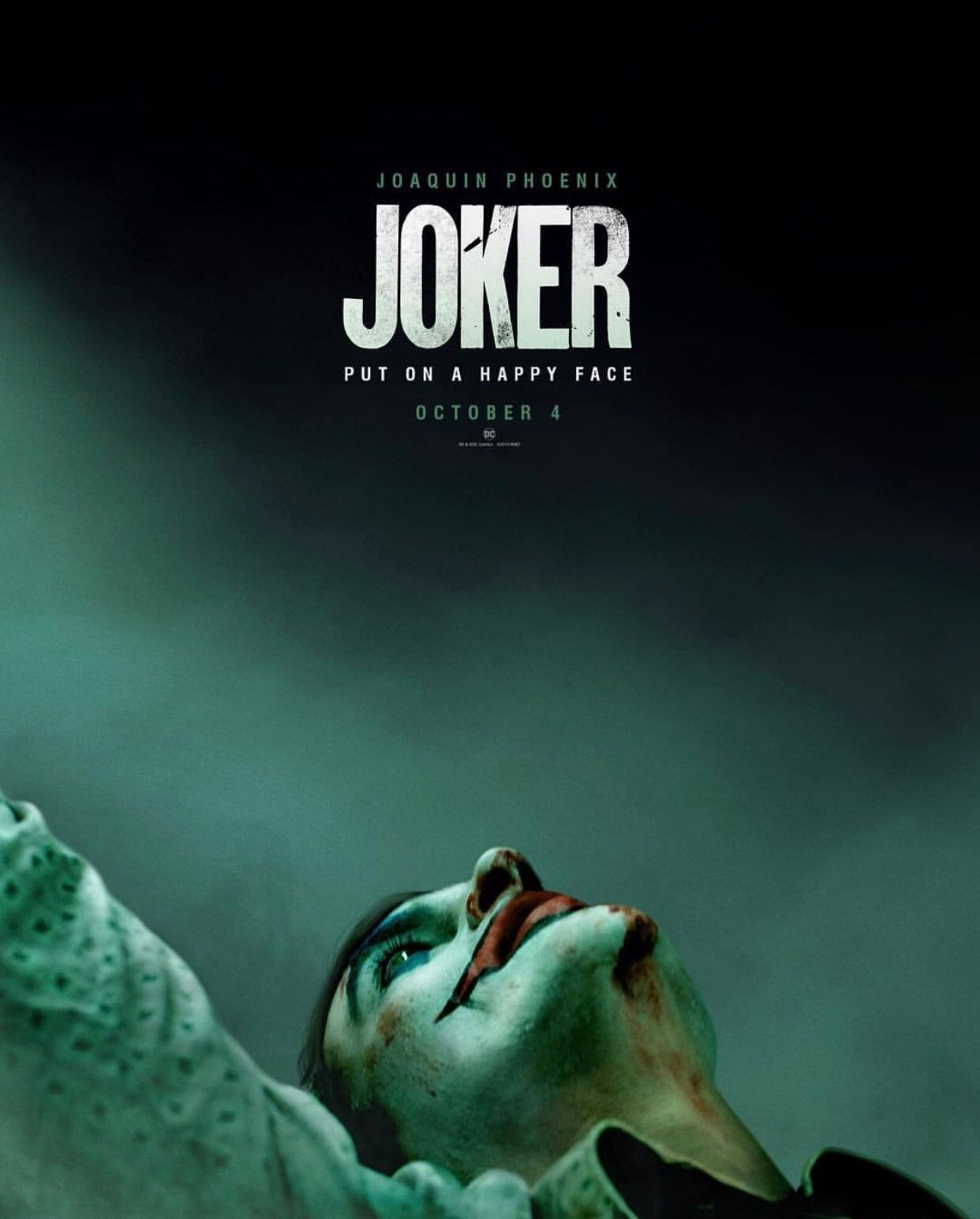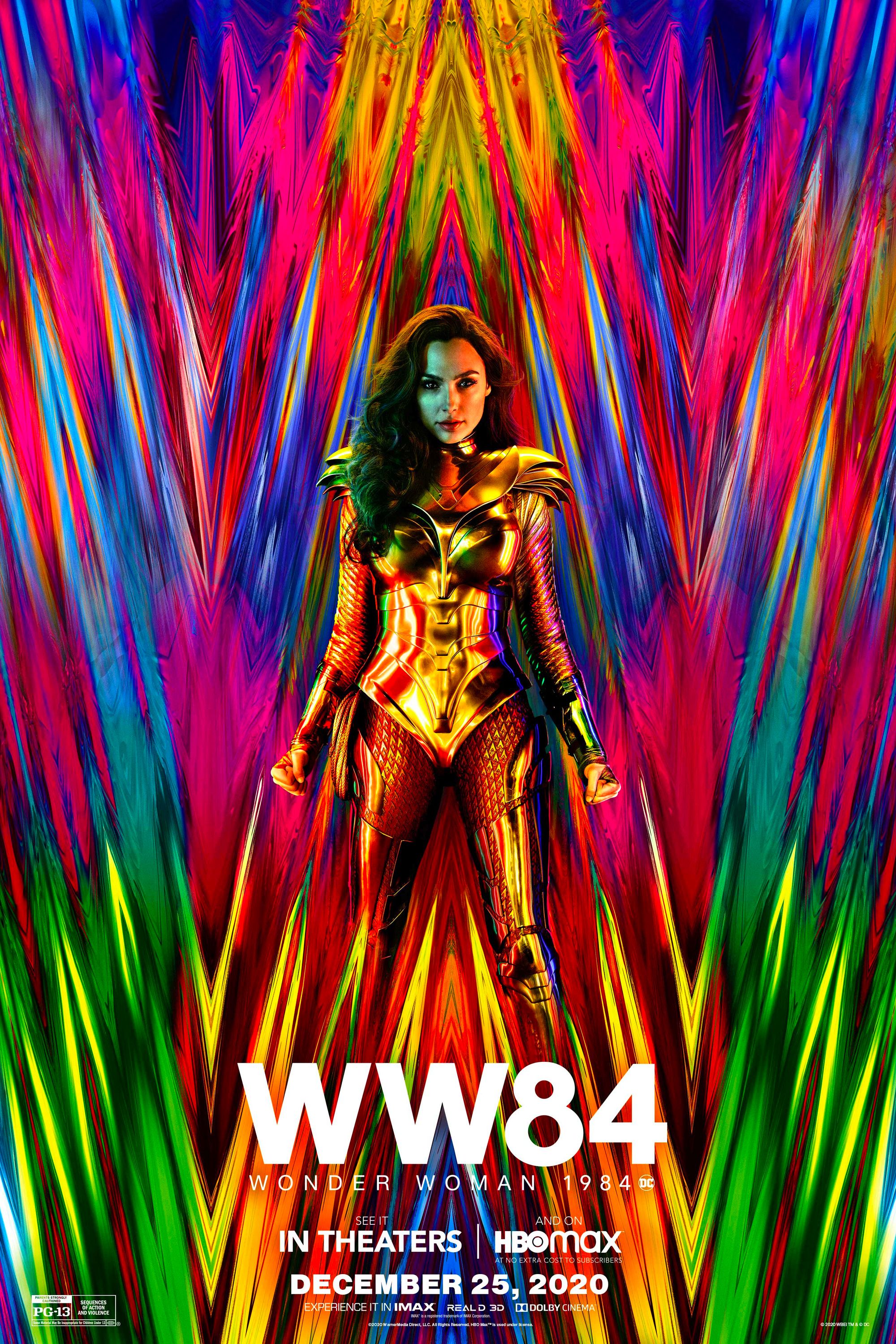What if The Dark Knight had started the DC Extended Universe instead of Man of Steel? It's over five years since DC's answer to the Marvel Cinematic Universe started, during which time there have been five movies (with many more on the horizon) with a total worldwide box office of $3.7 billion. From the outside, that would be a sure-fire signal of success (it's a similar box office to Marvel's first half-decade with one less film), yet the real story is considerably more complex.
So far, the DCEU's fortunes in terms of reception have been mixed to say the least. The films, especially those overseen by Snyder, have proven divisive with general audiences and critics alike (although have gained strong fanbases), while Warner Bros. meddling with in-development projects has led to the likes of Suicide Squad and especially Justice League being confused muddles. Things are finally looking to gain a sense of direction, with Aquaman, Shazam! and Wonder Woman 1984 shaping up as many of the other in-development projects are becoming clear, but it's been a long and pained road.
Read More: All Upcoming & In-Development DC Films
But we're going to imagine how different things would have been if all this started a little earlier? Zack Snyder's Superman reimagining was coming hot on the heels of Christopher Nolan's The Dark Knight Trilogy, a series of films that rejuvenated its central character, reached new heights of financial success for the superhero genre, and gave comic book movies a new level of respect. Man of Steel's story came from The Dark Knight's architects, Nolan and David S. Goyer, before becoming what we know of the DCEU. How different would things have been if Christian Bale's Bruce Wayne, not Henry Cavill's Clark Kent, had been the Iron Man of the DCEU?
- This Page: Snyder Shows WB Could Have Turned Nolan's Vision Into A Shared Universe
- Page 2: What A Dark Knight-Led DC Universe Could Look Like
- Page 3: How The Justice League & Franchise Tone Would Be Different
- Page 4: Would This Alternate DCEU Be More Successful?
Snyder Shows WB Could Have Turned Nolan's Vision Into A Shared Universe
Before we properly begin the thought experiment, it's worth providing some justification for this line of thinking and lay down some parameters. After all, there's a major aspect of a Dark Knight shared universe to get past: Christopher Nolan. Starting at Batman Begins and only increasing through the later entries, The Dark Knight Trilogy was fully Christopher Nolan's directorial vision. He pitched a Bruce Wayne who existed in a realistic world, having every piece of Batman ephemera meticulously grounded and the villains imagined as representations of modern crisis like the War on Terror and the financial crash.
Above all, he gave his series an ending. The Dark Knight Rises may have stopped short of killing Bruce Wayne, but its finale nevertheless gave a sense of finality to the original Batman's journey and closed the book on its discussion of the symbol. This was something only a filmmaker of Nolan's stature could demand, and is emblematic of his desire to have the series stand alone. With that in mind - and the fact that alongside The Dark Knight Trilogy Warner Bros. attempted to get George Miller's Justice League Mortal off the ground - it would seem unlikely that a shared universe could be built from it; how could such a vision be reversed?
However, we can still imagine a retrofit because that steamrolling of initial vision is exactly what happened to the DCEU. By all accounts, Zack Snyder's plan for his Superman series was to tell a five-movie arc, starting with Man of Steel and expanding into the Justice League by way of Batman v Superman. This was less a shared universe and more a multi-film narrative - very similar to what Nolan achieved except using a wider range of characters. Changes to the plan began almost immediately - WB wanted to expand the scope following the success of The Avengers, which Snyder worked into his plan (Wonder Woman, Aquaman and others would get their own solo movies and character arcs outside of his series) - but gradually the vision was altered and became what we now have.
Read More: The DCEU Ruined Batman And Superman (But It's Not Zack Snyder's Fault)
Regardless of your feelings on Snyder's films before or after directional changes were made, there's no denying that his original, auteur vision was altered to fit into the new shared universe model. While Nolan is a filmmaker of greater clout, it's not out of the question that his intention could have been altered and another movie made with or without his blessing, especially given the immensely strong critical and financial success of the trilogy. A fourth Christian Bale Batman would have been a win, but using the popular series as the grounding for a whole mega-franchise would be delirious.
Had the idea to move the DCEU in this direction come a few years earlier (Man of Steel was mostly standalone, with the hints of a greater mythos not really coming until Batman v Superman's development), then we could have seen something very different take shape.
Page 2: What A Dark Knight-Led DCEU Could Look Like
How The Dark Knight Continuation Would Affect Green Lantern & Man of Steel
So, working from the assumption that The Dark Knight Trilogy would provide the basis for the DCEU after it ended, where would Warner Bros. take it?
The first diversion is Green Lantern. This was intended to be the start of a cosmic DC franchise, and was assumed by many to have been eyed as a jumping-off point for a wider universe. Upon release in 2011, the movie was panned and barely made its budget back, existing today exclusively as a Deadpool punchline. Had WB looked at expanding from the end of The Dark Knight Rises in 2012, they're unlikely to have wanted to follow up on the previous year's dud (similar to how The Mummy ignored Dracula Untold or how whatever comes next in the Dark Universe will invariably ignore The Mummy). But, had the earlier shared universe planning had some impact on this movie and offered greater fortunes, we could have seen a successful Green Lantern and Hal Jordan become a founding Justice League member, rather than a development hell reboot property.
Read More: The DCEU Has Been Setting Up Green Lantern From The Very Beginning
What's more certain is Superman. As Man of Steel's development was so tied to Nolan's series (at least on a tonal level), if The Dark Knight Rises is envisioned as being the first act in a shared universe, that version of Kal-El would be a sure-fire member. Yes, Henry Cavill's Clark Kent still exists in our alternate DCEU. Of course, there'd be some immediate differences in the scale and scope of Snyder's vision: we'll get to the Caped Crusader, but given how he was entering a pre-existing arena that five-movie plan would be unlikely to get very far. Instead, assuming he still signed on, his mostly-standalone Superman reboot would beeline into a more conventional team-up.
From there, the ranks would be likely filled out in a similar way to the DCEU we got. Movies for Aquaman, The Flash and Wonder Woman were all in development as early as 2010, so all would have joined the roster eventually. How they would be introduced depends on the Justice League plan, although given Warner Bros. eventual slate appeared to be imitating of Marvel, it would likely be a similar rollout to Phase 1, with solo movies building up to the crossover. This makes the 2013-2016 period between Man of Steel and Batman v Superman where in reality no movies released the prime groundwork for this other series; the other League members would likely get their solo movies earlier.
Of course, amongst all these aspects there's the Tumbler in the room to deal with: what about Batman?
What Happens With Batman?
The Dark Knight Rises left Bruce Wayne having faked his own death and finally retiring in the Mediterranian with Catwoman, spending his afternoons at the same cafe waiting for Alfred. Meanwhile, back in Gotham, Robin "John" Blake starts his career as the new Batman. This status quo doesn't really set up a sequel, but there are avenues. Following Joseph Gordon-Levitt as he becomes the new Gotham protector is the obvious direction, with him able to be a new Batman, a Nightwing figure or possibly even a darker Jean-Paul Valley imagining a la Knightfall. However, whichever "Robin" we get, that's no making up for a shortage of Batman.
Related: The Best Dark Knight Joker Origin Theory (And How It Improves The Movie)
Would Christian Bale come back? Perhaps not. His time post-Batman has been dominated by outlandish rumors of him turning down impossible sums of money to reprise the role that are consistently debunked, but there's a kernel of truth to a lack of interest. End of the day, he's not the sort of actor to want to lead a shared universe; his three Batman movies were separated by three and four years respectively, allowing plenty of time for body-changing indie films. It's possible but not worth betting on.
If he did, then you move forward with Bruce returning home. Without Bale, you could make Gordon-Levitt the lead but, more likely because audiences expect Bruce Wayne, a recast is needed. That sounds outlandish, especially as we're basing this on a continuation, but recasting Batman isn't out of the question: we're on the brink of a younger Affleck, and the Keaton era had Wayne changed twice. Bale may soon be the only modern iteration not recast.
Whoever you get (let's say Jake Gyllenhaal because his name's always linked and he'd be a fantastic fit), the story is obviously he returns to Gotham after Blake either snaps or reaches an insurmountable task. This risks undoing the "Batman is a symbol" message of the trilogy, but could instead be channeled into crafting a Bat-family. We already have Anne Hathway's Catwoman and Gordon-Levitt's Robin, and more can easily follow.
All of this is material for a sequel in its own right, and any return of Batman story would surely get its own solo movie before major crossover.
Page 3: How The Justice League & Franchise Tone Would Be Different
The New Justice League
The question of whether we'd get a Batman v Superman after all we've discussed is a big hanging question. An older Batman, which this would be, immediately courts The Dark Knight Returns comparisons, and when you're in a shared universe that opens up the possibility of a Superman fight. Indeed, given that these two characters were until very recently the banner of not just DC but all of superhero cinema, you can bet World's Finest would be at the forefront of any Justice League series, and as the notion of a versus film predates Snyder by almost a decade, it seems inevitable. However, were a film to bring these two together before a full team-up, with the loss of Snyder's gameplan it would be less a debate of morality as ideology: you can't push a pre-existing Batman as far as Dawn of Justice did Batfleck, and with a long-standing shared universe at play a different set up is needed.
Related: The Death and Return of Superman Was The DCEU's Biggest Mistake
And, so, to Justice League. Any DC shared universe has this as its end goal, meaning any shared universe variant coming in the wake of the MCU will follow a similar sort of gameplan, give or take a "Martha". The lineup we have currently is Batman, Superman, Green Lantern, The Flash, Wonder Woman and Aquaman, with possible support from high-profile Bat-family members (for those keeping track, that's Justice League Mortal minus Martian Manhunter).
At this point, the hypotheticals are getting extreme and so anything further is pure speculation, although based on how Warner Bros. pivoted from Darkseid (a Snyder-pushed idea) to the Legion of Doom in Justice League's post-credits scene, it may be that a more overseen story would have kept things Earthbound, at least to begin with.
This Would Be A Different Feeling DC Movie Universe
While story discussion has a cap, there's a lot to be said about style and tone. Chiefly, The Dark Knight Trilogy is a decidedly unfantasy series, purposely grounded in the real world and making little in way of consolations for the existence of aliens or Gods. This makes putting Nolan's Batman alongside Green Lantern, Superman, or even The Flash a strange prospect; individually there's the potential for strong enough interpersonal relationships, but working together without something definitely bleeding after the first innings feels unlikely.
But that doesn't mean it couldn't have worked. Iron Man was similarly grounded and has now developed into a universe where, last we saw, half of all life was wiped from existence in a single snap of a glove encrusted with six magic gems. And, after all, in the comics Batman has bridged petty crime in Gotham and becoming a literal God. Both of these comparisons come with caveats - Iron Man was slightly more sci-fi and the comic medium is open to greater story shifts - but with the right level of escalation (a Nolan buzzword) it's possible.
Related: Hollywood Learned The Right Lessons From The Dark Knight (Eventually)
However, that still leads to a very different feeling DC movie universe. Man of Steel grounded Snyder's series in human emotion, yet with its Kryptonian hero still viewed the world from an elevated position. It was only with Batman v Superman the human POV really came through, and that was blinded by hatred. A Dark Knight continuation would be intrinsically street level thanks to three preceding movies, framing the emerging magic with more shock and wonder.
Page 4: Would This Alternate DCEU Be More Successful?
Would This Alternate DCEU Be More Successful?
With everything so far discussed, we come to the central question: would it have been better for Warner Bros. to use The Dark Knight Trilogy as a jumping off point for the DCEU rather than starting anew with Man of Steel?
The short answer is, to begin with, undoubtedly yes. While DC's fortunes are finally turning around, with 2020 possibly seeing them outproduce Marvel, the journey thus far has been a rocky one, with movies featuring the former Big Two struggling the most: Batman v Superman is matched only by Star Wars: The Last Jedi in the feverous debate that still rages around it and in failing to make $1 billion definitely underperformed, while Justice League is known more for Joss Whedon's changes than anything in the movie and was bona fide box office bomb as a result. The characters of Batman and Superman have come out of the whole experience the worse, with Batfleck reduced from Arkham to Clooney and Cavill's either misunderstood or a mustachio'd meme - and both now set to depart. The reasons for this are many, but the Elseworlds direction of Snyder and correcting of characters midway through are at the core.
Related: The Future Of The DCEU Without Cavill's Superman
Outside of Snyder's films, the DCEU has actually fared better: Wonder Woman was a true hit and Suicide Squad financially successful despite the negative reviews. There's nothing to say these avenues couldn't have worked in any universe, while coming from The Dark Knight Rises would have surely insured against the depreciation of Bats and Supes.
Man of Steel would have surely been a bigger hit with a Dark Knight connection, and even if it was exactly the same story, much of the alternative take on Kal-El would have been framed alongside a pre-existing Batman. Crucially, whereas the DCEU was only one-movie strong until 2016, it would be four movies in by 2013 (five with Green Lantern), making the tricky next movie easier; if the plan had been set, there would have been no waiting on a transformed Man of Steel 2, meaning everything would ideally gain momentum and we'd have been hitting milestones considerably quicker.
Aside from the movies, this would alter the DC movie narrative. The goodwill of The Dark Knight Trilogy would endear critics and audience to the movies more, possibly softening reactions to newer ideas, and faster development would hold back any Marvel pace problems. After all, because Batman Begins was technically the start, the DCEU would pre-date the MCU by three years. PR has been a big thorn in DC's side for years, and while this is no guarantee, these factors would have altered perceptions from the very start.
-
Ultimately, any shared universe relies on consistently making crowd-pleasing films that work on their own merits while gradually building a brand. Starting with The Dark Knight Trilogy is no guarantee beyond that (we haven't discussed the changing reputation of The Dark Knight Rises as it's so hard to quantify) and so much of this lies on the filmmakers that WB assembled to continue what Nolan started. One thing can be said with certainty: whatever they did, it would have inevitably been controversial.

